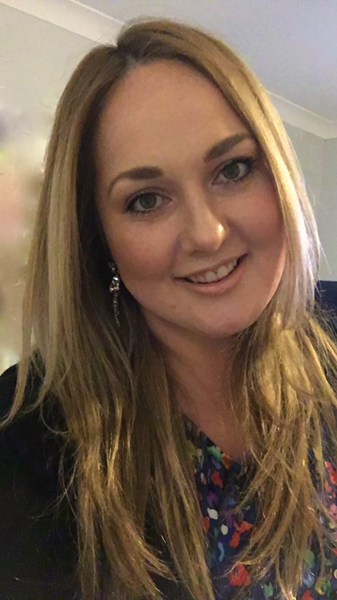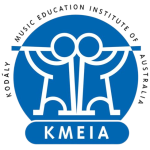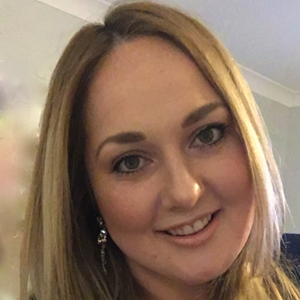 Melissa Black is a passionate Kodaly Music Educator, specialising in Primary Music Education using the Primary Years Program of the International Baccalaureate. She holds degrees in Music Education (University of Sydney – Conservatorium of Music) and Primary Teaching (Australian Catholic University), alongside the Australian Kodaly Certificate (Primary Music Education).
Melissa Black is a passionate Kodaly Music Educator, specialising in Primary Music Education using the Primary Years Program of the International Baccalaureate. She holds degrees in Music Education (University of Sydney – Conservatorium of Music) and Primary Teaching (Australian Catholic University), alongside the Australian Kodaly Certificate (Primary Music Education).
Melissa develops strong foundations in music through Kodaly inspired teaching, whilst facilitating conceptual inquiry to go beyond musical knowledge and skills. She believes in the importance of providing strong foundations and positive learning experiences for young musicians, facilitating carefully scaffolded, sequential and developmental musical experiences whilst instilling a lifelong love and passion for music making.
2024 offers new opportunities as Melissa takes on the role of Head of Preparatory School Music at the Anglican Church Grammar School in Brisbane (Churchie), her 9th year working with the IB framework, alongside volunteering as Branch Secretary for Kodaly Queensland.
Melissa has experience as a classroom music teacher covering Early Childhood, Primary and Secondary contexts, alongside primary classroom teaching, across both Public and Private education sectors in New South Wales and Queensland.
Day 1: Monday
| Time | Title |
|---|---|
| Session 2: 11.15 | Building Bridges with Tools for Learning – Connections from the PYP Music Room |
| “Music is the fuel of the soul, and it has the power to transform lives.” – Kodaly
Explore how the primary music classroom environment can encourage inquiry and transdisciplinary learning, and how it develops highly fundamental 21st century skills, flagged in the Australian Curriculum as “critical for the evolving economy”. The benefits of music education go far beyond musical proficiency. Authentic, high-quality music education programs should not only be engaging to the learner, but relevant, challenging, and significant. In the primary music classroom, students are supported to be agentic and self-regulated learners through the development of musical skills. Consider – How can the music teacher plan opportunities to develop not only musical skills, but spotlight critical 21st century skills? Tools for learning (unlike subject specific skills) highlight ways of thinking, ways of working and ways of living which develop the whole child for the world beyond school and provide relevance to learning beyond the music classroom. The transfer effects of music learning sees that students are not only developing musical skills in authentic contexts but sees that they are equipped and empowered with invaluable tools for learning, to help them navigate life’s challenges and demonstrate agency. |
|


